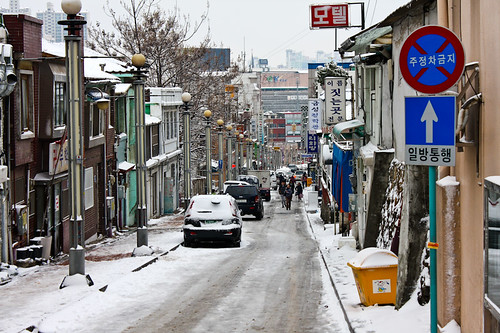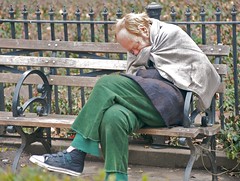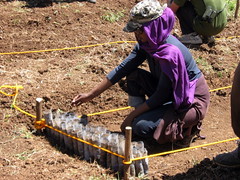BBC, Wikipedia and CIA World Factbook articles on United Kingdom.
View Larger Map
Languages
Official: English.
There are many regional languages spoken, such as Welsh, Gaelic, Scots, and others. However, English is universal. That being said, having lived in the United Kingdom a number of years, you may find the the further north you go, the more difficult the accents are to follow. In fact, many Americans (and even British!) find some Scottish accents inpenetrable to the point where there's been controversy over the BBC's decision to offer subtitles for one show filmed in Scotland.
Work permits
If you are an EEA citizen or legally recognized partner of an EEA citizen, you generally have the right to live and work in the UK. That being said, the UK has been expressing concerns about immigration. I had to turn down a position which would have doubled my salary because the UK government hadn't yet recognized my legal right to work there without a permit, despite my wife being French. Unfortunately, the UK is notorious for being rather slow resolve these matters.
For those outside the EU, it's getting harder to get into Britain. Your author lived there for years and watched the government flip-flop routinely on matters of immigration law and while most British people are very tolerant and open-minded, there's a strong sense that immigration to the UK should be limited. This is due in part to English being the most popular geographically diverse¹ language and thus the UK is a tempting target in Europe. Unfortunately, there's another "anti-immigration" mood impacting voting and the government is again limiting the hiring of skilled and highly skilled workers from outside the UK. As of this writing, no more Tier One visa applications are being accepted, though they will open up again soon.
The UK Home Office Website has very good information about the entire process, but you must check this regularly as I've noticed that the UK immigration process seems to change (relatively) frequently and they do not always grandfather in people who emigrated under the old rules. You will note that there are currently several categories of workers. I'll explain some of the basics, but I will not go into details due to the frequency of legal changes (and there are currently legal challenges to some of this). There is also a limit being imposed as of April 2011.
- Tier 1: these are highly skilled workers (currently not permitted to apply) who can work without a permit, investors, entrepreneurs, and post-study workers (you graduated from a UK university with desired skills). None of these require work permits, but they require plenty of experience, money or studying in the UK.
- Tier 2: these are immigration routes for those who have a job offer. The organization behind said offer will generally need to apply for a permit on your behalf. These are for skilled workers, ministers of religion, sportspeople and company transfers (say, from a US to UK office).
- Ancestry: there is a common belief that if one of your grandparents was born in the UK, you have the right to live and work there. Sadly, this is not usually true. It only applies if you are from a Commonwealth country.
There are a number of other categories, but again, check out the Home Office Web site. It's actually pretty good.
 |
| My first kitchen when I moved to the UK. I know it's silly, but I loved that flat. |
Being legally allowed to permanantly reside in the UK is referred to as settlement or "indefinite leave to remain". The procedures vary, but if you're going a traditional work permit route, it basically means you have to live and work (legally!) in the UK for five years, at which time you can apply. This is one bit of immigration law which is fairly straightforward.
Citizenship
Applying for British citizenship isn't terribly hard, but you have to legally get there first. You must be of sound mind and character and if you're over 18 and have been living in the UK for five years, you're pretty much good to go (it's only three years if you're married or the civil partner of a British citizenship — and yes, that means that gay people have options here too).
Retirement
No.
At the end of 2008, the UK government decided to no longer allow persons of independent means to retire to the UK. Unless you are an EEA or Swiss citizen, it would be very difficult to retire here ...
... unless you're rich, in which case, the UK government is happy to allow you to move there as an investor. They'll even waive the English language requirement for settlement. However, this route generally involves having £2,000,000 net worth (currently around $3.2 million US), or £1,000,000 which you intend to spend in the UK. Amusingly, there doesn't appear to be any actual requirement that you invest this money, only that you have it.
And even then this visa is only good for three years, though you can contact them for advice on how to extend your stay. I'm sure that if you have enough money, they'll come up with something.
1. Though the exact figures are disputed, Mandarin is the most widely spoken language and has more speakers than English and Spanish combined. However, it is mainly spoken in China and other Asian countries. Spanish has slightly more speakers than English, but its use is primarily in Spain, Central and South America and parts of the Southwest US (though it's spreading rapidly). English dominates in terms of geographic diversity and, perhaps due to the economic prowess of associated nations, is the most popular second language in the world. This is why teaching English is a viable way to leave the country for many native English speakers.
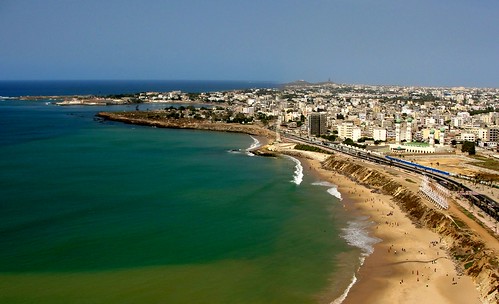
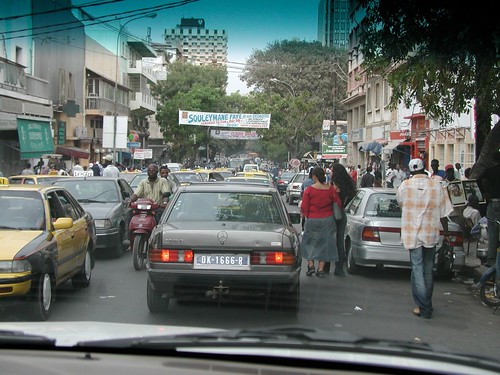
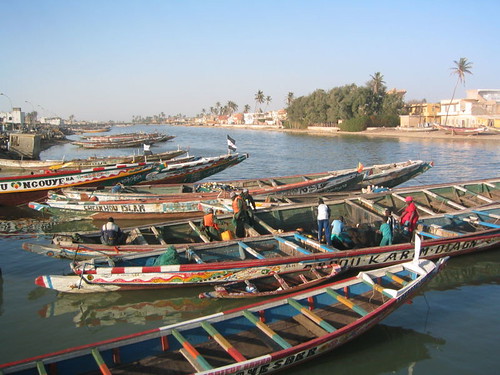

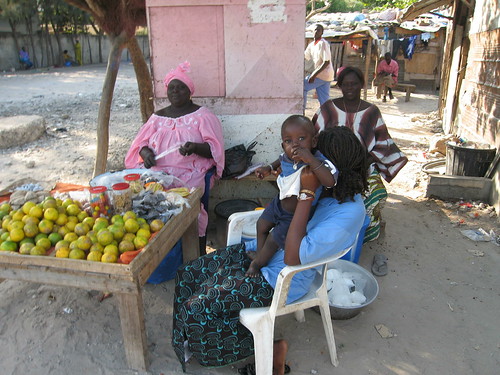







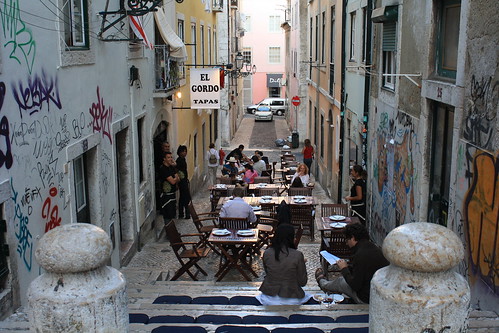
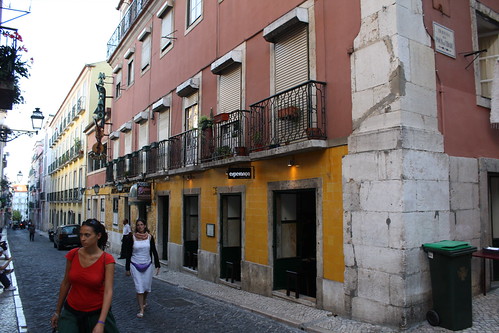
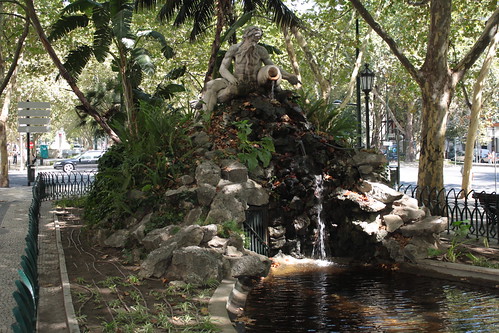







![Guard in the winter [EXPLORE]](http://farm6.static.flickr.com/5210/5273309563_0d9529f828.jpg)
